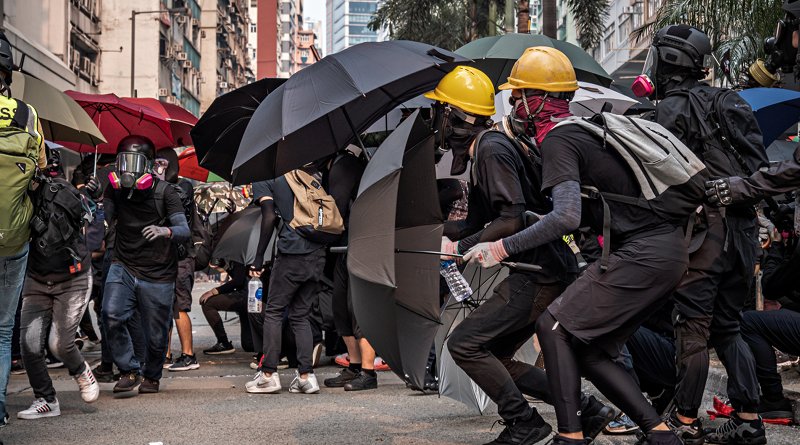National Security Law, CCP Versus Hong Kong – OpEd
By Catarina Rogado*
It is widely believed that President Xi Jinping has used the cover of the Covid-19 crisis to introduce the contentious new national security legislation for Hong Kong. Beijing was clearly frustrated at the long-running demonstrations in Hong Kong last year following the introduction of an equally contentious extradition bill and hoped that the world’s attention would be focused on tackling the pandemic rather than Hong Kong.
There has, however, been global condemnation at the CCP’s decision. The move also comes ahead of the September legislative elections when the pro-democracy camp hope to repeat their success in last December’s district council elections.
The new law criminalizes sedition, secession and subversion actions that jeopardize national security. It will allow the Mainland to set its own agencies in Hong Kong to ascertain the law is being implemented, aiming to curb foreign interference and pro-democracy protests, thus threatening the “one country, two systems” policy.
According to Chief Executive, Carrie Lam, the new law “will only target an extremely small minority of illegal and criminal acts and activities, while the life and property, basic rights and freedoms of the overwhelming majority of citizens will be protected”.
For the pro-democracy movement, the new law is a further blow to their rights regarding freedom of speech, freedom of association and an independent judiciary. There have been protests against the new law but they have been limited due to the pandemic.
Nevertheless, despite a ban on large gatherings, thousands of people held their traditional vigil to commemorate those that died in 1989 in Tiananmen Square.
Internationally, the national security law has been widely criticised. The EU issued a statement condemning the move but without proposing any sanctions. In contrast, the US declared it no longer considers Hong Kong to be sufficiently autonomous from China, with President Trump announcing that he would revoke some of Hong Kong’s special trade privileges.
The UK, a co-signatory of the 1994 Joint Declaration, announced that it would allow up to three million Hong Kong citizens with British passports to settle in Britain. However, this proposal excludes the youngest Hong Kong citizens as it only applies to BNO passport holders. Australia has also said it would be willing to take some Hong Kong citizens.
The economic fall out has been limited so far. HSBC and Cathay Pacific both backed the new law as did several other major firms in Hong Kong. But there has been a reported increase in financial businesses and hedge funds moving to Singapore out of Hong Kong.
In 1997, Hong Kong contributed around 19% to China’s GDP. Today it is around 3%. Yet despite this decline the world still looks to Hong Kong as a major financial hub with a free and independent judiciary. This new law may now give cause for reflection.
*Catarina Rogado is a graduate of Lisbon University and a researcher on East Asian affairs.

